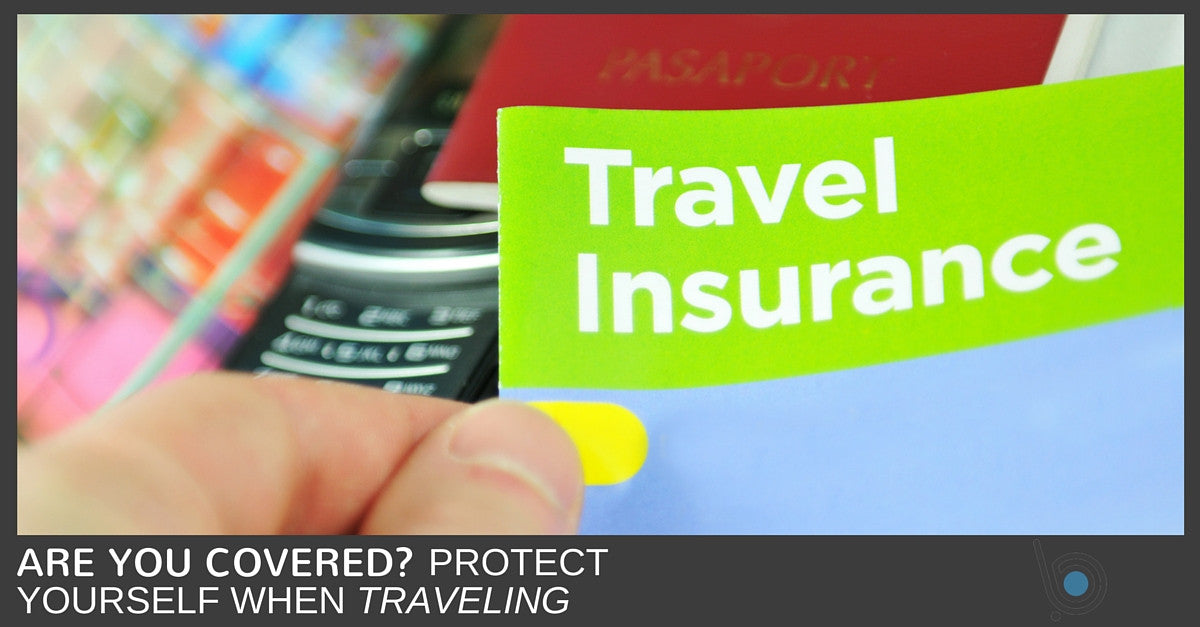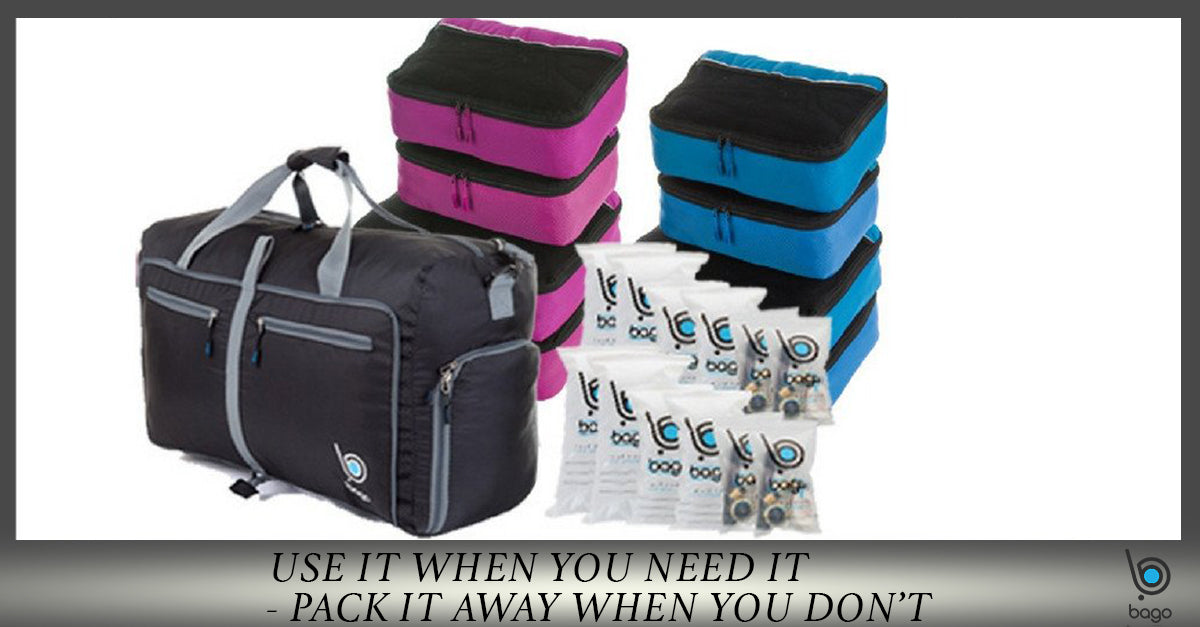“Buy Insurance” might not have been on your checklist as you prepped for your last trip, but it should be on your next one. Making sure you are protected is an important part of vacationing for every traveler.
Even though many people disregard travel insurance, 1 in 6 travellers’ plans were impacted by medical conditionals, natural disasters, or mechanical-caused problems. All of these problems can be eligible for coverage with travel insurance, but only 22% of these people were insured. Will you be part of this statistic the next time you travel?
What Is Travel Insurance?
While it can mean a variety of things, travel insurance usually covers a broad range of problems including trip cancellation and medical insurance.
Trip cancellation insurance covers times when you have to cancel your trip, before you leave, for valid reasons. Certain insurance may cover trip interruptions such as having a close family member pass away, your house catching on fire or flooding, and other major life events.
Medical insurance can be purchased that covers locations beyond what your traditional health insurance will. This is a great option for those going to unfamiliar, unsanitary or unsafe locations. Specific insurance policies can also be purchased depending on the type of travel. For example, if you’re renting a car, car rental insurance is available for purchase to protect you in case of an accident.
Specific insurance policies can also be purchased depending on the type of travel. For example, if you’re renting a car, car rental insurance is available for purchase to protect you in case of an accident.
“But I’ve Never Bought Travel Insurance Before…”
When you purchase a car, you’re required to buy car insurance to protect yourself, your finances, and the car. With travel, however, this is not the case. Just because you haven’t bought travel insurance in the past doesn’t mean you shouldn’t look into it for your next trip.
While it may seem like an unnecessary expense, purchasing travel insurance will save you lots of money in case of accident or emergency. Having to be medically evacuated from a location could easily cost $30-40,000. Even though we hope these things never happen and we don’t plan on them, it is better to be prepared.
Read The Fine Print
When deciding what type of travel insurance is best for you, it’s important to educate yourself on all of the factors. When booking travel, options often appear near checkout offering “Cancellation Protection” or “Trip Protection.” Before checking “yes,” be sure to read into what their services really offer.
Sites such as Go Compare and Money Super Market allow you to search for exactly what you need and compare a variety of independent insurance agencies.
Are you undecided if you’ll need to change the date of your trip? Book with a company that allows you to be flexible, or purchase travel insurance that ensures you’ll be able to change the date if you need to.
Looking to hike on a giant mountain? The most responsible route would be to purchase insurance that covers the country you’ll be in and any medical expenses that you might encounter.
In all of these cases, make sure the fine print reflects what you think you’re actually buying. If the airline you purchase tickets from is just looking for a quick way to make $30, move along and look into private insurance companies.
Consider A Travel Plan
If you’re a frequent traveler or flyer, considering looking into companies that offer insurance based on subscriptions or time-based plans.
Companies such as Allianz offer plans that are time based. For example, you can purchase a 12-month option that gives you coverage for an unlimited number of trips in that time frame. If you’re a frequent traveler, this would be the best value for your money.
HTH Travel Insurance and similar companies offer plans based on how many people you are traveling with. If you have a large family, or are traveling with a big group of people, this would be a good bet.
Extremely adventurous? Certain companies, like World Nomads, offer plans specific for high-risk adventure activities. They even list activities such as “Trekking to 6000m,” scuba diving, skiing, snowboarding and mountain biking as adventures they cover under their travel insurance.
Instead of skipping the travel insurance to “save some money,” consider picking a plan to fit your needs for your next trip. A small investment now could save you thousands of dollars later.























